Crohns Disease Pain Management
Crohns disease pain management. Taking the medications recommended by your doctor regularly and. The ACPA Follow-Up tool provides you with this simple guide to ensure that you complete all the treatmentsadvicerecommendations. Intermittent partial small-bowel obstruction in Crohns disease can frequently cause pain and may necessitate a low-residue diet.
Bile-acid malabsorption can induce diarrhea and cramping that will often respond to bile-acid sequestration. The most common type of over-the-counter pain relievers are called NSAIDs non-steroidal anti-inflammatory drugs such as ibuprofen Advil or Motrin aspirin or naproxen. The biological medicines for Crohns disease are adalimumab infliximab vedolizumab and ustekinumab.
Population-based studies from Denmark and Minnesota suggest that between 43 and 56 of Crohns disease patients received corticosteroids in the prebiologic era and that over half of these patients were either steroid dependent steroid refractory or required surgical resection within the subsequent year 1819. Paracetamol It can be used to help with mild to moderate pain and can also help to control a high temperature. Management of Crohns Disease The medical management of Crohns disease is based on the location and severity of disease and extra-intestinal complications Table 2.
There are a variety of pain relief medicines available which can help to control pain in Crohns disease and ulcerative colitis. Rest and Exercise Can Reduce Crohns Pain Getting enough rest and exercising may seem like opposites but both are key to keeping your body in good shape and can help minimize pain. This guideline covers managing Crohns disease in children young people and adults.
NICE has produced a COVID-19 rapid guideline on gastrointestinal and liver conditions treated with. Extraintestinal manifestations involving the joints skin and eyes can also frequently cause pain. If your doctor gives you a.
Follow-Up From Your Visit. Flare-ups are a sudden reactivation of symptoms for people living with Crohns disease. You wont get pain management from the GI doc.
This interactive tool can help you with pain management goals by helping you create a picture of your pain that you can share with your health care provider when you visit. These medications are generally not recommended for people with inflammatory bowel disease because of the side effects that they can cause in the digestive tract.
Follow-Up From Your Visit.
The drugs usually prescribed by doctors for Crohns disease are aminosalicylates corticosteroids immunomodulators and antibiotics which work effectively to reduce the inflammation that triggers symptoms and pain. The biological medicines for Crohns disease are adalimumab infliximab vedolizumab and ustekinumab. NICE has produced a COVID-19 rapid guideline on gastrointestinal and liver conditions treated with. The ACPA Follow-Up tool provides you with this simple guide to ensure that you complete all the treatmentsadvicerecommendations. The best way to control the pain from Crohns disease is to follow the treatment plan you and your doctor have determined is best for you. Follow-Up From Your Visit. These medications are generally not recommended for people with inflammatory bowel disease because of the side effects that they can cause in the digestive tract. Rest and Exercise Can Reduce Crohns Pain Getting enough rest and exercising may seem like opposites but both are key to keeping your body in good shape and can help minimize pain. If your GP wont help you with pain meds they also ALL cause constipation by the way so you would need a stool softener at the very least because.
Extraintestinal manifestations involving the joints skin and eyes can also frequently cause pain. Flare-ups are a sudden reactivation of symptoms for people living with Crohns disease. This interactive tool can help you with pain management goals by helping you create a picture of your pain that you can share with your health care provider when you visit. Bile-acid malabsorption can induce diarrhea and cramping that will often respond to bile-acid sequestration. Extraintestinal manifestations involving the joints skin and eyes can also frequently cause pain. These medications are generally not recommended for people with inflammatory bowel disease because of the side effects that they can cause in the digestive tract. Follow-Up From Your Visit.


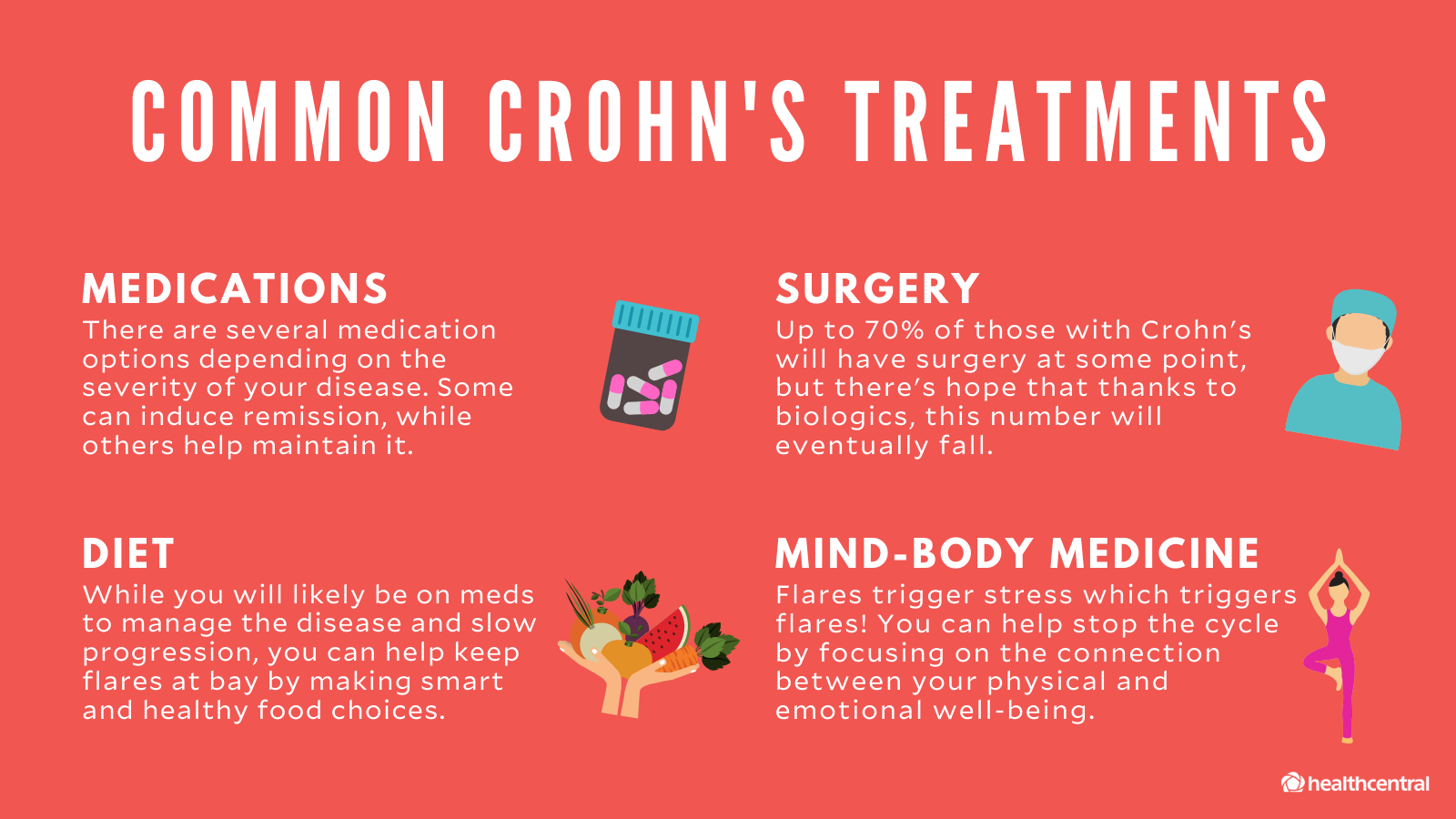




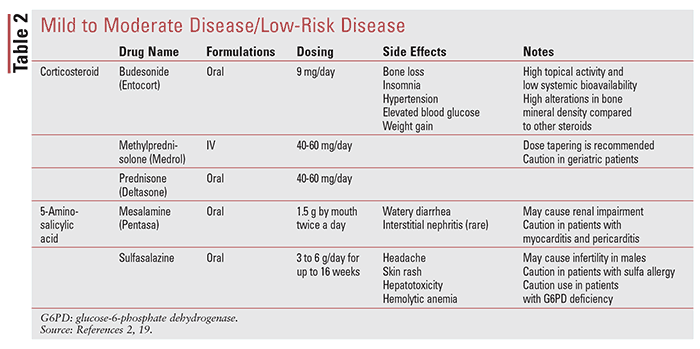


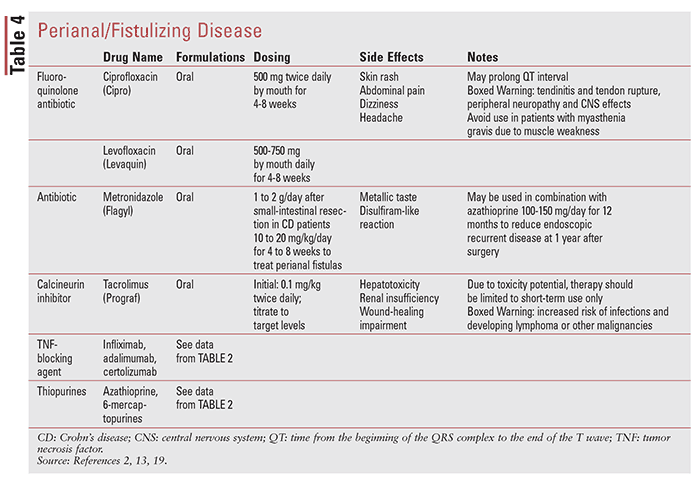
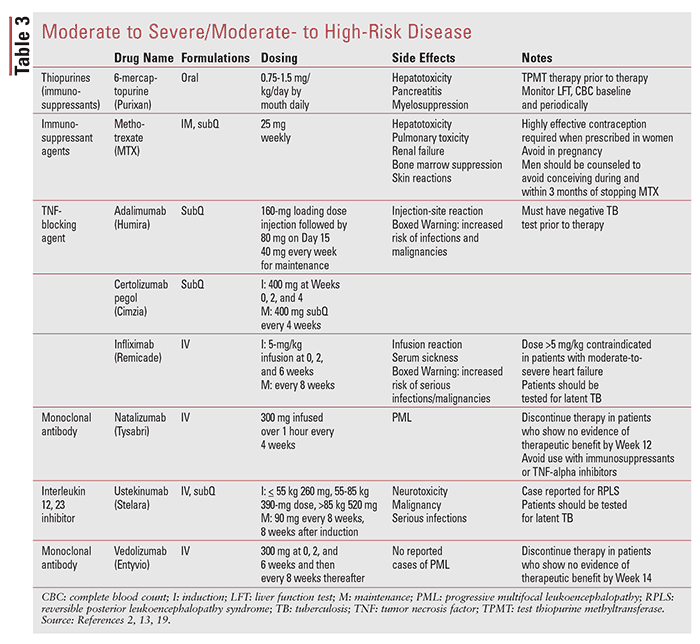

/crohns-disease-symptoms-5b310ede0e23d90036925980.png)






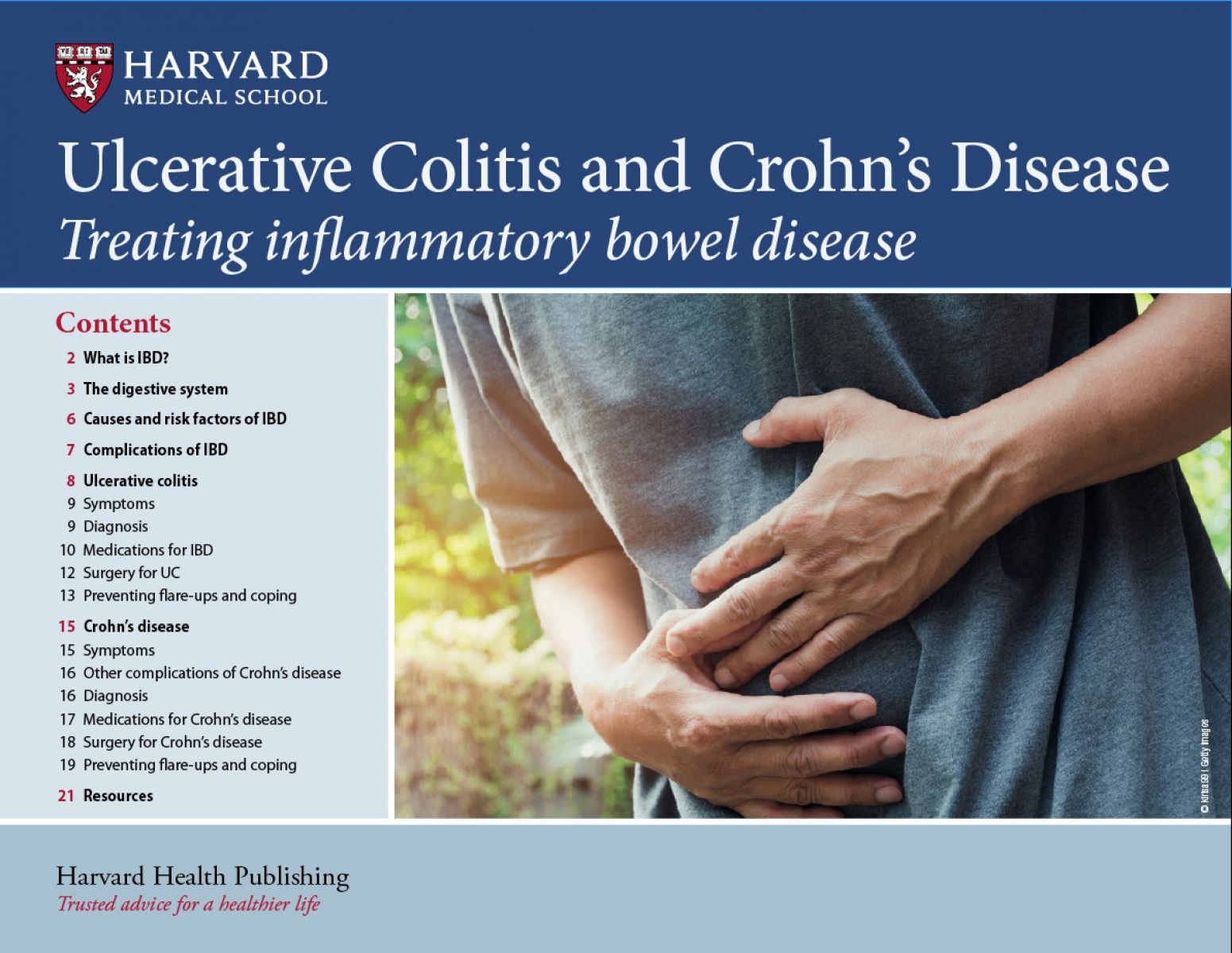





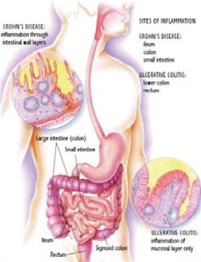
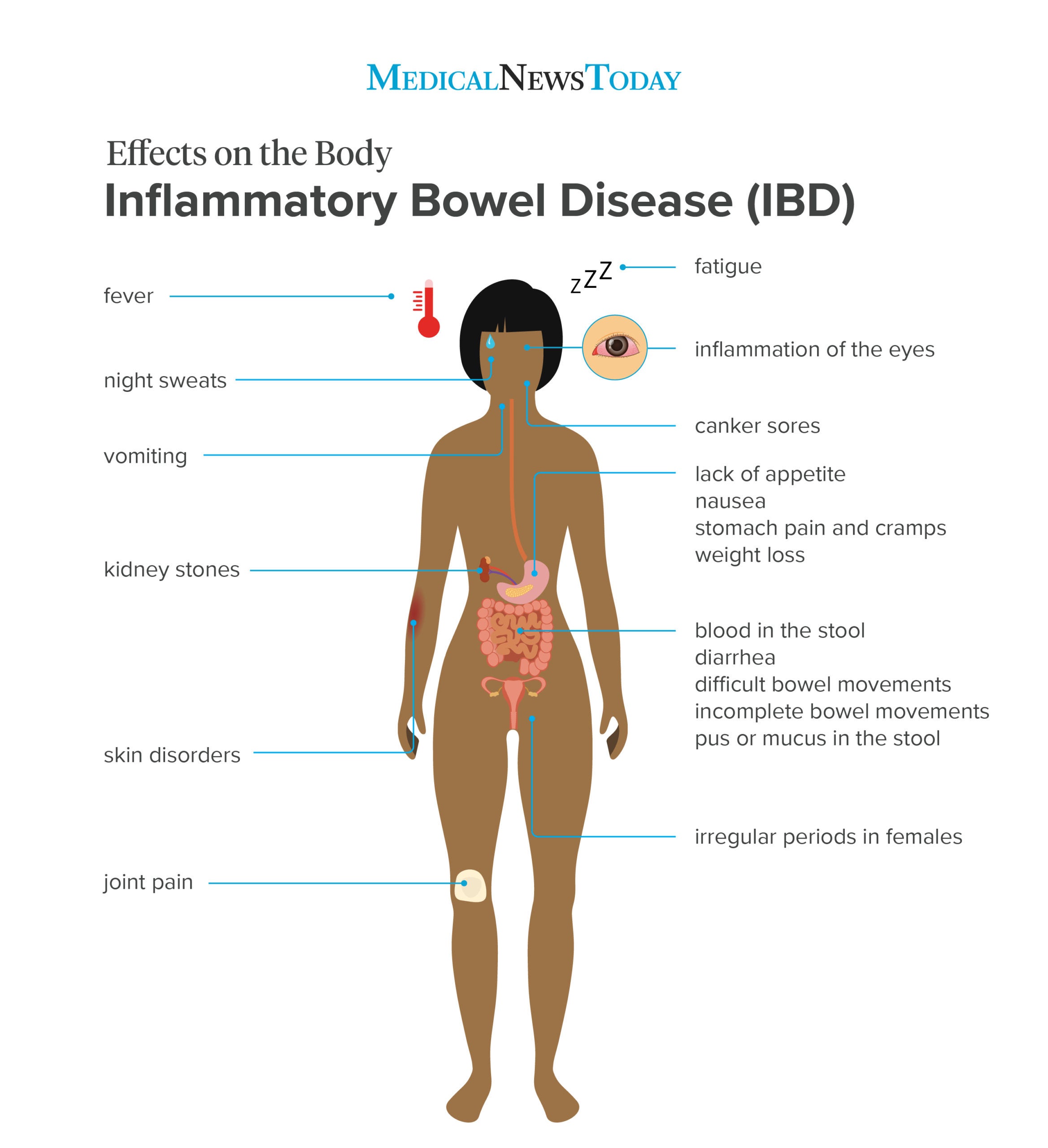



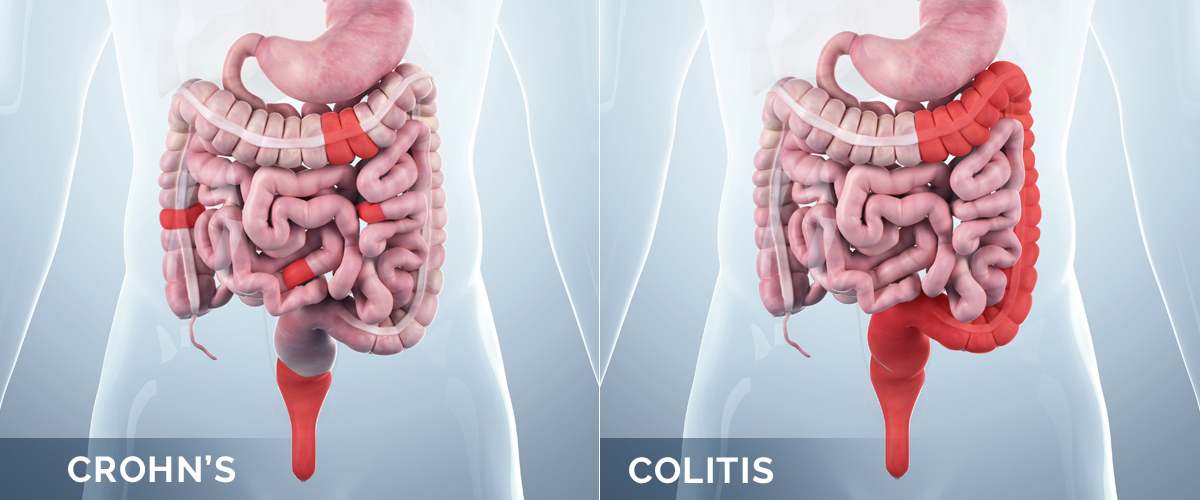















Post a Comment for "Crohns Disease Pain Management"